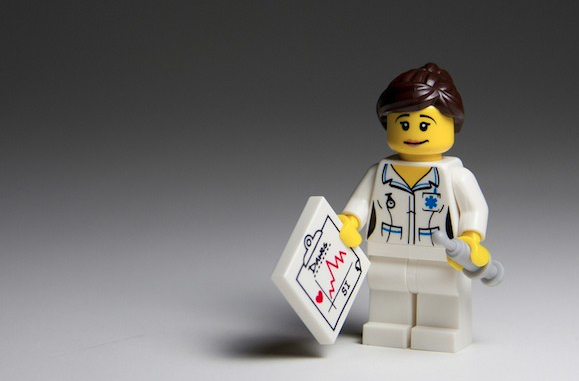Better hospital design can make nurses feel more valued

Hospital wards designed with nurses in mind could improve retention rates and job satisfaction, a survey of nurses released on International Nurses Day (May 12) has revealed.
The Design Matters For Nurses study, involved consultation with 74 nurses and nurse managers from Australia and the UK.
It was carried out with the University of Melbourne’s Health Systems and Workforce unit to determine how hospital workplace design affects nurse attraction and retention in both countries.
University of Melbourne researcher Lucio Naccarella said Australia’s shortage of nurses was expected to blow out from 13,000 this year to 109,000 nurses in less than a decade.
“Our work shows that it is not just about pay,” Dr Naccarella said.
“Team environment, organisational culture and hospital design also influence a nurse’s decision of where to work.
"It's important that hospitals turn their attention to what competitive factors they can address to avoid inadequate staffing levels now and in future."
Nurses say poorly designed wards can have a negative impact on workflows and morale, and can contribute to a culture that devalues what nurses do and how they work.
The study was funded by international design practice HASSELL. Principal Megan Reading is a former acute care nurse.
“Nurses can feel as though their hard work is taken for granted, but one way to counter this perceived lack of appreciation is to provide a comfortable, effective and efficient workplace that supports nurses to do their job well," Ms Reading said.
“In our conversations with nurses, we found that the condition of the facilities they worked in corresponded to how valued they felt by management - whether they had a proper break area, space to debrief or complete paperwork away from patient beds, or a room for meetings and training.”
She said more natural light, locating break areas close to clinical areas, decentralised equipment storage and automating stock delivery to avoid long trips for supplies and medication are all recommendations in the report.
The report also suggests trends from other workplaces can be applied to hospital design, such as staff zones with flexible social and meeting spaces to provide opportunities for knowledge sharing.
The report concludes that altruism often carries nurses through challenging working conditions, but to demonstrate how highly nursing staff are valued – especially in a competitive hiring market - hospitals need to ensure nurses are provided with appropriate spaces to complete their work, find respite and learn, all while remaining close to their wards.
The study was jointly funded by HASSELL and a Research Connections grant from the Department of Industry, Innovation and Science.